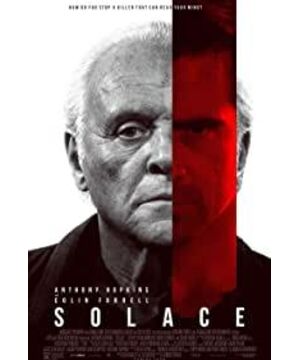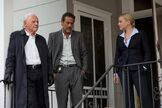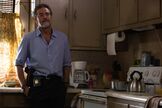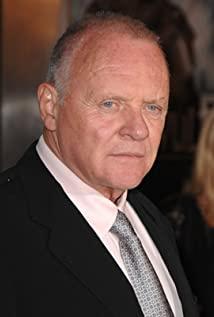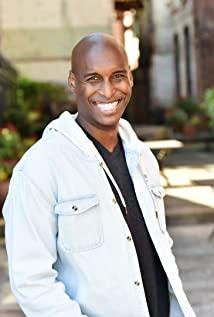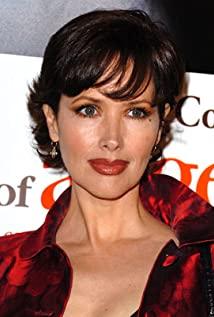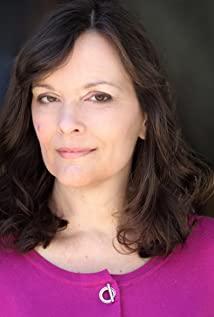In the director's mind, he probably felt that everyone would choose: Uncle Huo chooses to "help" those he cares about, first helping his daughter die to end the pain (of course, Uncle Huo was very painful when he did this, and he was very repulsive in his heart. One way), and then let his friend fall into the trap to avoid cancer torture, and at the end of the film, he further chose to kill Farrell to help Counis, who is very similar to his own daughter, avoid death. From rejecting this practice, to indulging this practice, to taking the initiative to choose this practice, Uncle Huo has gone through a cycle. Does it also reveal the director's thought: people will choose to do the immediate hate for the love far away? I don't know, maybe it is.
By the way, the text of the film: Sometimes, the greatest acts of love are the hardest acts of commit. This sentence is said by Emerson, no matter how I turn it in the film, I always feel that "love is far away" It is the hatred that is at hand.” This translation is the most expressive.
Having said that, compared to Uncle Huo, Farrell's choice was more sympathetic. He chose to "help" those who did not know each other, and regarded this help as a "task" given to him by God, he said " I don’t like God and I’m not satisfied with his work”, although it seems to mean that God will cause some innocent people to suffer from incurable diseases that can only lead to lifelong pain, but why is he not talking about himself? His damn ability, this kind of prophet who allows him to "preview" the suffering of all beings in advance, isn't it a cruel arrangement of God? From this point of view, he has every reason to be "dissatisfied" with God - since you are omnipotent, why do you still create so much pain, since you want to create so much pain, why do you want me to foresee it and borrow money My hand stops it?
However, below this surface, perhaps the director's thought is not a question, but a statement: no one is immune to the manipulation of fate.
This is about Farrell, the real protagonist of the movie. Farrell's role is very interesting. On the one hand, he always helps others to ask for the pain of destiny, but on the other hand, he always feels that helping people get rid of their destiny is his destiny, so he is very honest. Putting everything in front of Lao Huo, making the game step by step, pulling him step by step, and finally letting Lao Huo kill him, this is a destined "yang conspiracy" - when Farrell poses with his own body in the subway When the shape of the cross appeared, it seemed that Jesus had come to earth and miracles had come to the world, but behind this, Farrell himself was just a poor man who surrendered to fate and to God. He didn't have the consciousness and courage to rise up against the fate of another day, he just walked step by step towards the arrangement of fate, and watched himself step by step into death. Taking a shot in the chest is his destined release, so he will tell Lao Huo with a very cold but hopeful expectation: you will kill me, just shoot me in the chest.
Everything is the manipulation and traction of fate, and everything is as good as it is.
This is probably what this film is trying to express?
View more about Solace reviews


